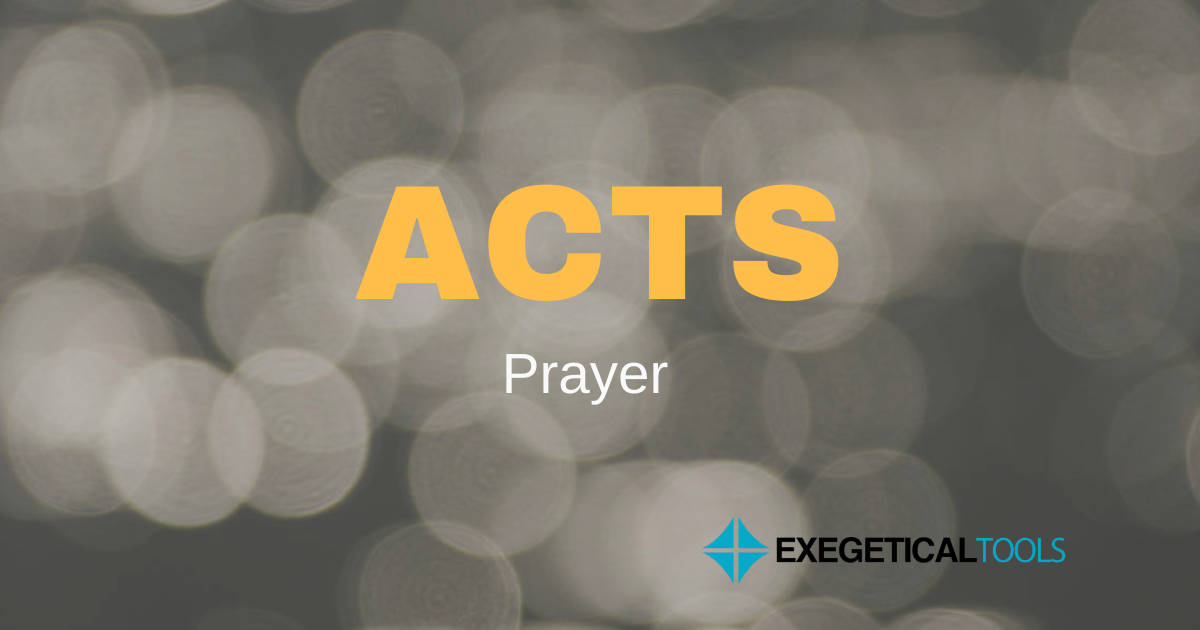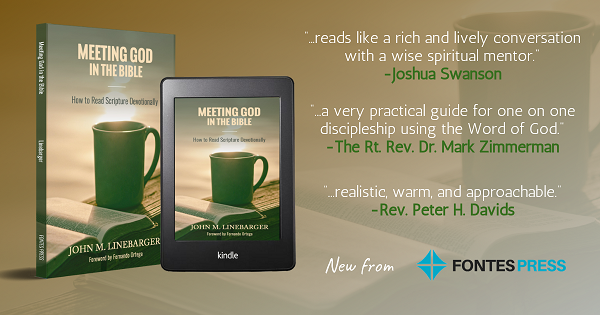
Ever find your prayer life in a rut? Do you get stuck in patterns of asking God for things without feeling like you’re connecting with–or communing with–God?
One simple way to enrich your prayer life is use a well-known pattern of prayer known as ACTS prayer. ACTS is an acronym that makes the process easy to remember.
- Adoration. To avoid focusing your prayers on yourself, begin by adoring God. Consider God’s attributes, nature, and acts, and don’t forget that God is three persons, which gives you three times the opportunity to adore! Consider David’s prayer as an example:
Yours, O LORD, is the greatness and the power and the glory and the victory and the majesty, indeed everything that is in the heavens and the earth; Yours is the dominion, O LORD, and You exalt Yourself as head over all. Both riches and honor come from You, and You rule over all, and in Your hand is power and might; and it lies in Your hand to make great and to strengthen everyone (1 Chr 29:11-12).
- Confession. Before we begin asking God for things, it’s good to remember that he is holy, majestic, and glorious, while we are frail, tainted, and weak. Unless you hold to a perfectionist theology and have fully achieved that status, then your days are full life actions, attitudes, and motives that are impure and need to be confessed to God. By acknowledging our sins, we remind ourselves of the depth of God’s grace and move ourselves to gratitude and dependence on him for our fortitude and virtue. Consider how Ezra began his prayer before the congregation of Israel:
O my God, I am ashamed and blush to lift my face to you, my God, for our iniquities have risen higher than our heads, and our guilt has mounted up to the heavens. From the days of our fathers to this day we have been in great guilt (Ezra 9:6-7).

- Thanksgiving. As we remind ourselves of God’s greatness through adoration, and our dependence through confession, we are naturally moved to thanksgiving. As David wrote,
I will give thanks to the LORD with my whole heart; I will recount all of your wonderful deeds. I will be glad and exult in you; I will sing praise to your name, O Most High (Ps 9:1-2).
- Supplication. And now the part that is so natural: we get to ask God for stuff. But don’t feel guilty. Jesus teaches us that God is our Father, who is more than willing to give us good things when we ask for them (Matt 7:7-12). The parable of the persistent widow teaches us that we should expect to ask God repeatedly and fervently for our needs and desires (Luke 18:1-8). Working through adoration, confession, and thanksgiving prior to your supplications will also drastically decrease your proneness to ask for things that are selfish or disrespectful of God’s will. If you want some models of what to ask God for, consider the seven requests in the Lord’s Prayer (Matt 6:9–13 // Luke 11:2–4):
Our Father in heaven, hallowed be your name.
Your kingdom come, your will be done, on earth as it is in heaven.
Give us this day our daily bread,
and forgive us our debts, as we also have forgiven our debtors.
And lead us not into temptation, but deliver us from evil.
Using the ACTS pattern in your prayer life will enrich how and what you communicate to God, and hopefully it will also bring you to moments of silence and contemplation. Since all four types of prayer are found in Scripture, as I’ve illustrated above, it is easy to find passages to use as a model for your own time of adoration, confession, thanksgiving, and supplication. You can use the ACTS prayer format in your public prayers as well. Also don’t forget that prayers don’t have to be long, and can even be more powerful if they are short but dense with truth and Spirit:
Almighty God, maker and sustainer of all things,
we come before you as a tainted, imperfect people with polluted worship,
and yet you accept our praise through the name of your Son,
because of his atoning work on our behalf.
We thank you with our whole hearts,
and ask you to enliven our hearts to what is good, righteous, and true.
In the mighty name of Jesus, amen.
Learn more about ACTS prayer, with an example prayer time in ch. 6, from John Linebarger’s Meeting God in the Bible, in paperback and Kindle.

